
Our responsible bank
AFL is the only French public development bank dedicated entirely to the local public sector.
For our local authorities, it is only natural that the bank we have created should be based on major principles: transparency, solidarity and expertise.

What does it mean to be a responsible bank?
NO STRUCTURED LOANS
AFL only offers a range of simple loans. The distribution of any structured product is prohibited.
NO FOSSIL FUELS
Our bank only finances local public investment, which excludes any financing of fossil fuels, weapons or terrorism.
NO CONTROVERSIAL INVESTMENTS
Our bank has a self-imposed responsible investment policy that includes excluding certain controversial sectors, countries or entities from the exposures it carries in its liquidity reserve.
LIMITED RISK-TAKING
Risk-taking is inherent to any banking activity. We wanted a bank with a low risk appetite that conducts its activities (credit, market activities, etc.) in a prudent manner. Find out more
A COMMITMENT TO THE LOCAL COMMUNITY
Our bank only finances investments made by our local authorities which, by virtue of public policy, are aimed at providing better facilities and services to their residents. Without exclusion as to their purpose and without discrimination as to the size of the local authority.
FOR THE BENEFIT OF THE GENERAL INTEREST
Our local authorities, both urban and rural, are naturally focused on building infrastructure to meet the present and future needs of the inhabitants of our territories. Our bank supports us by giving us access to medium and long-term loans to finance our investments.
SUPPORT FOR LOCAL AUTHORITIES
In addition to financing, AFL offers us expertise to help us decipher the issues that concern us: the financial health of local authorities, the financing of the ecological transition, the energy renovation of buildings, etc.
A LONG-TERM VISION
Our bank, AFL, does not limit itself to seeking short-term profit, but rather takes into account the long-term impacts of its activities while respecting its stakeholders.
"Because we, as local authorities, invest to avoid the unmanageable and manage the inevitable, AFL is at our side!"
Marie Ducamin, President of AFL-ST Board of Directors
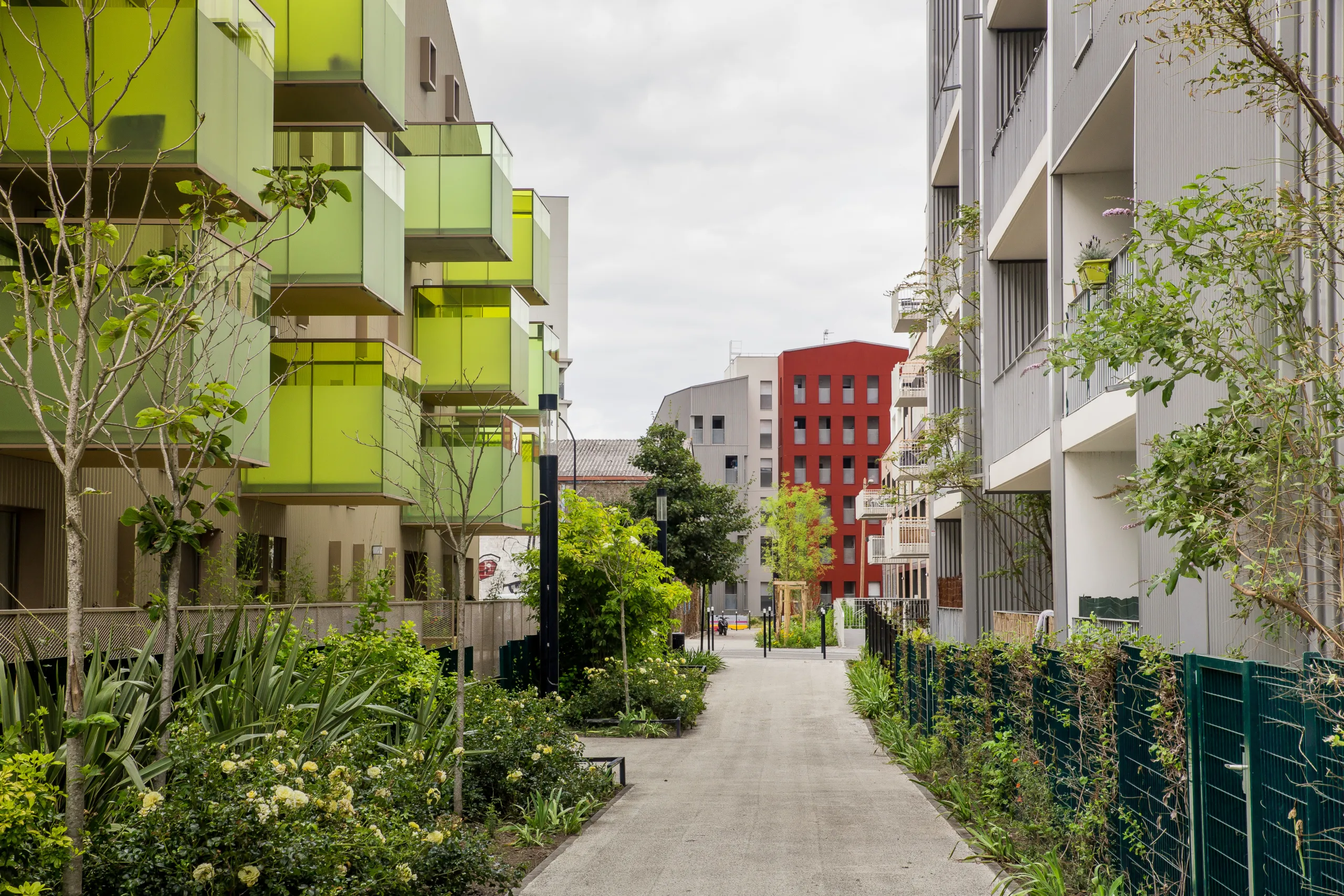
Credit characteristics
AFL does not distribute green, social or sustainable loans. As public shareholders, we chose to adopt a unique and simple offering that enables us to optimise the funding costs of our investments.
AFL regularly issues sustainable bonds designed to refinance the investments made by our regional authorities supporting the United Nations’ Sustainable Development Goals (SDGs). Channelling the budgets of local authority members has put he spotlight on three major investment areas (social services, energy and environmental transition, sustainable infrastructure) that fall under the responsibility of local governments.
Overview of the French local authority areas of expertise:

Regions
Economic development
Public transport
High schools
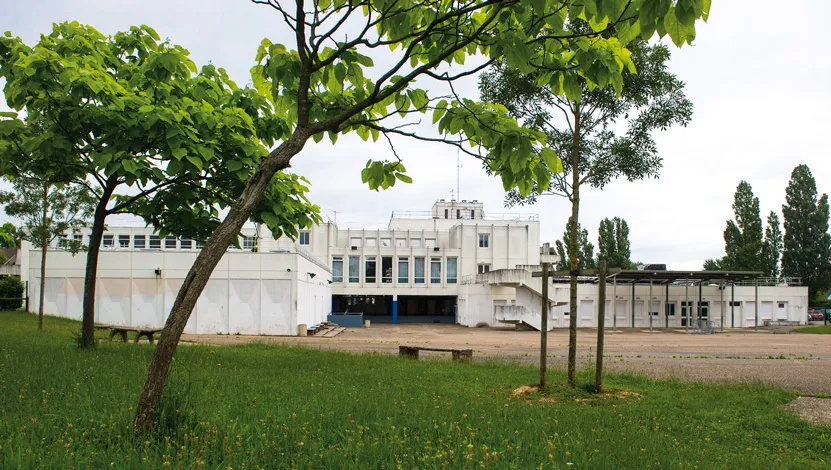
Departments
Social care
Roads
Secondary schools
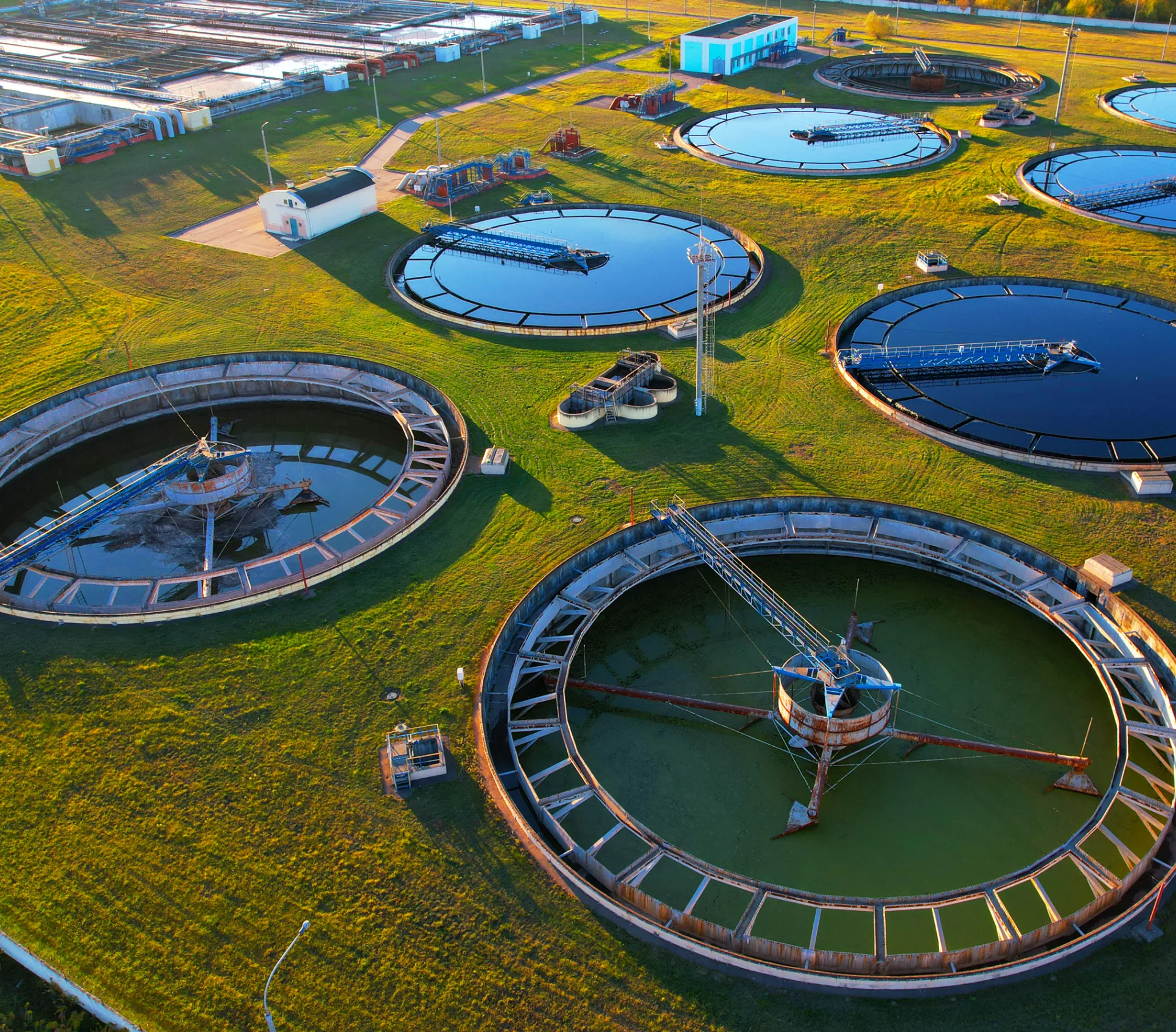
Groupings of municipalities
Contributions to investments in public transport
Sanitation
Waste management
Power grid connections
Planning permissions etc.
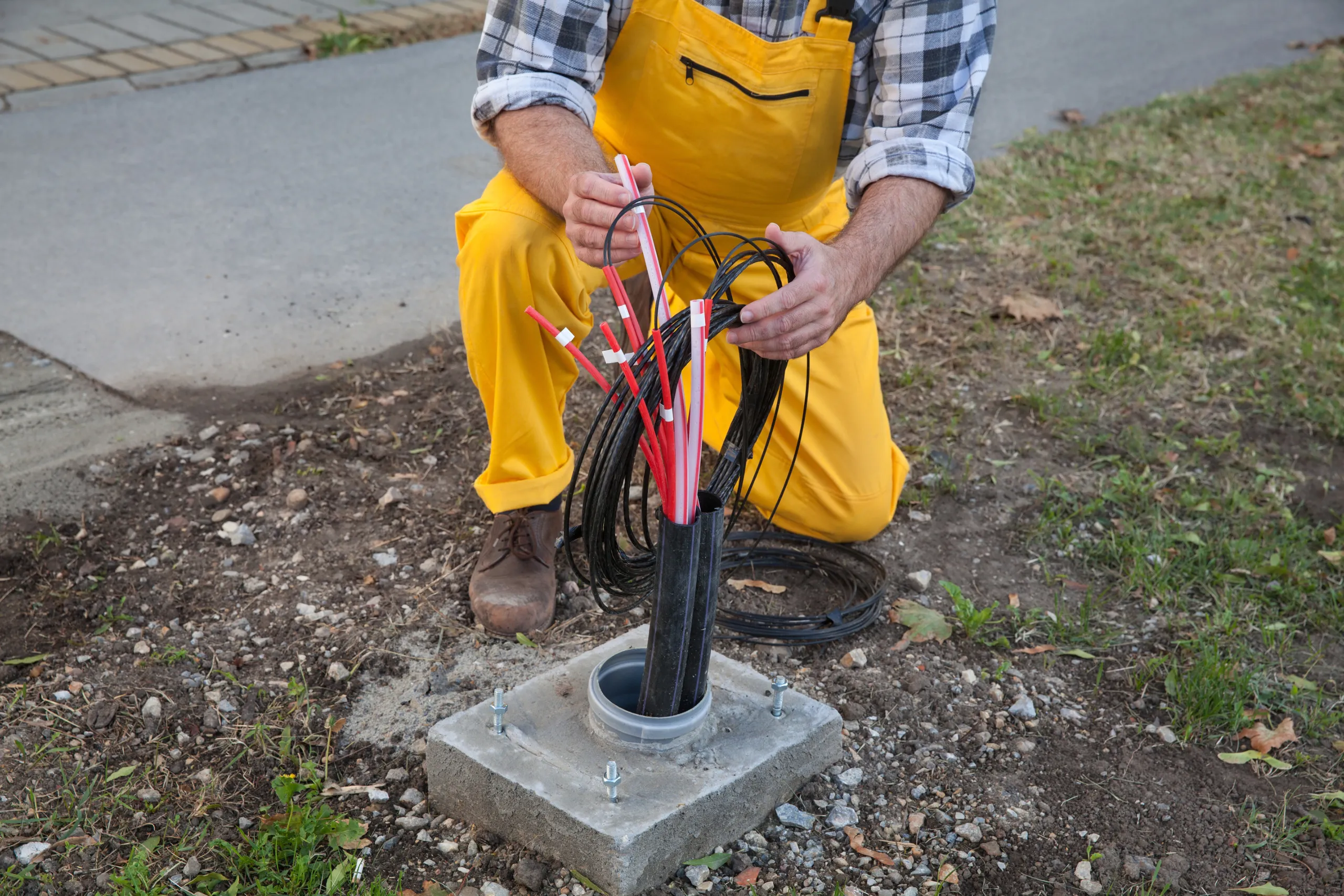
Local public entities
Managing public services on behalf of local authorities in fields such as fire prevention, social care etc.

Municipalities
General duties at local level (mainly in the areas of housing, environment, primary schools etc.).

Our local authorities at the heart of the ecological transition
- We – local authorities – are first in line to support the transitions through the investments we handle, weighing over 65% of public investment in France,
- We implement climate change adaptation and mitigation policies, as well as broader environmental initiatives across the country, for which we are held accountable by the voters.
- Our investments aim to foster the development of public services and equipment that will benefit local inhabitants.
of the levers of success of the ecological transition lie with local authorities (National Low-Carbon Strategy, March 2020)
must be invested each year by the French government by 2030 to meet national commitments (I4CE, 2022)
of French greenhouse gas emissions are directly or indirectly determined by local government investments (ADEME, 2021)
Local authority pledges to the National Low Carbon Strategy
In keeping with the National Low Carbon Strategy, we, the public sector, have pledged to achieving net zero by 2050. We intend for our bank to support us on this pathway:
- By funding our investments at the best price,
- By sharing its expertise on the issues that concern us,
- By embodying this pathway in its own operations.
Few examples of what local authorities are doing to contribute to the National Low-Carbon Strategy.
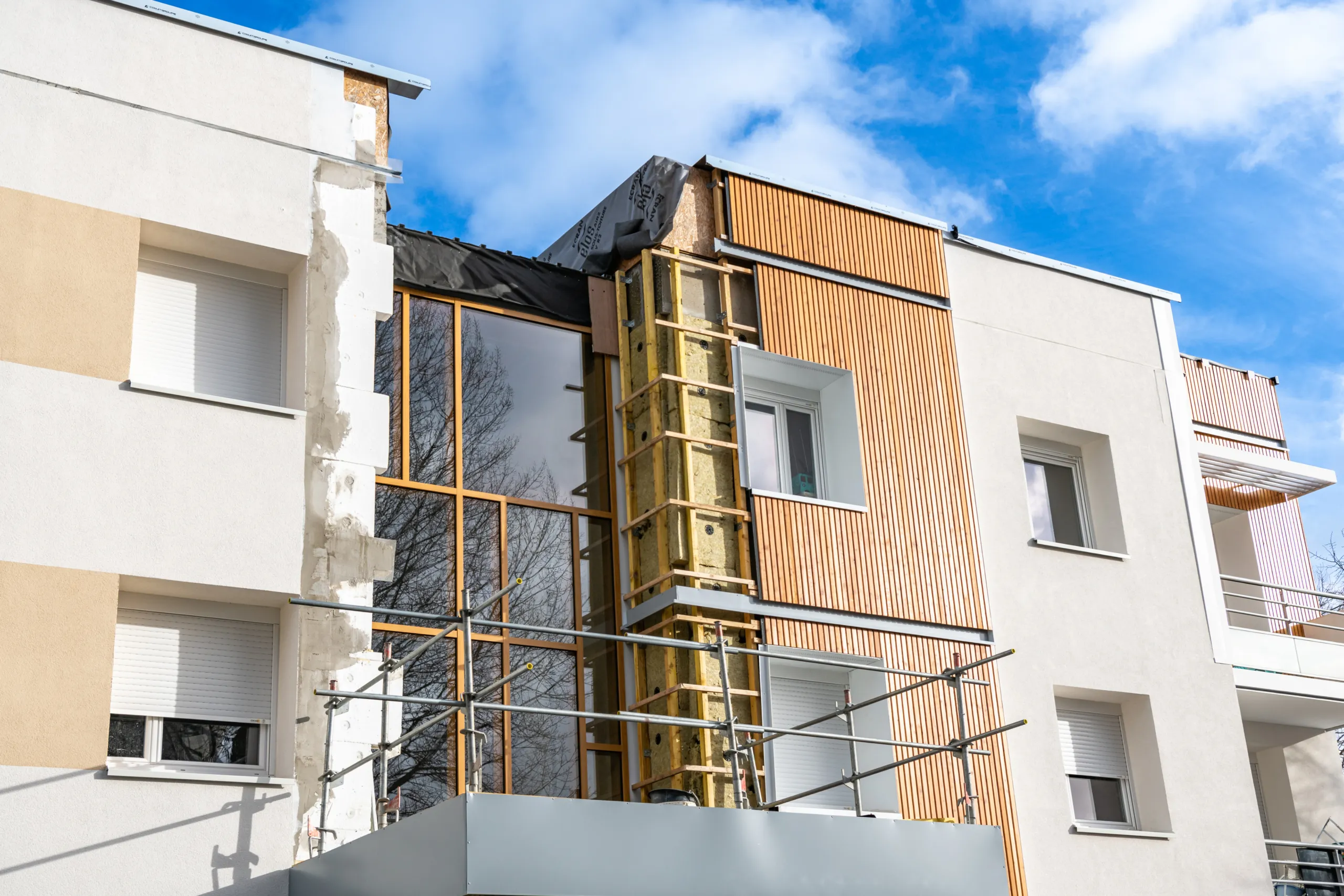
Energy-efficient building renovation
The Tertiary Eco Efficiency Scheme (DEET) requires buildings to reduce their energy consumption by 40% by 2030, 50% by 2040, and 60% by 2050, compared with 2010 levels. It applies to all tertiary buildings or business premises with a floor area of 1,000 m2 or more.

Reducing land artificialisation
The Climate and Resilience Law adopted in 2021 sets the objective, by 2030, of halving the rate of artificialization compared with the consumption of space observed since 2010 and reaching a state of zero net artificialization (ZAN) by 2050.

Energy efficiency in public lighting
The French Environment Code identifies the installations covered by a policy designed to prevent, reduce and limit energy consumption.

Greening local authority vehicle fleets
Article 76 of the French Law on Mobility (Loi d'Orientation des Mobilités - LOM) imposes a minimum proportion of low-carbon vehicles in the acquisition or renewal of local authority fleets.

The introduction of Low Emission Zones (ZFE)
The Climate and Resilience Act extends the obligation to set up an EPZ to local authorities with more than 150,000 inhabitants.
Drawing up a sustainable mobility policy for the locality: the Transport Code makes it compulsory for AOMs (Autorités Organisateurs de la Mobilité - Mobility Organizing Authorities) with a territorial jurisdiction of over 100,000 inhabitants to draw up a Mobility Plan.

Decarbonizing the catering industry
The Egalim Law adopted in 2018 sets the target of a 50% procurement rate for responsible, quality products, including 20% from organic farming.

Low-carbon purchasing policy
Local authorities are implementing a low-carbon purchasing policy to reduce their carbon footprint.

Sustainable financing at AFL
At AFL, no green loans, no impact loans, no structured loans but truly responsible financing for truly sustainable projects.
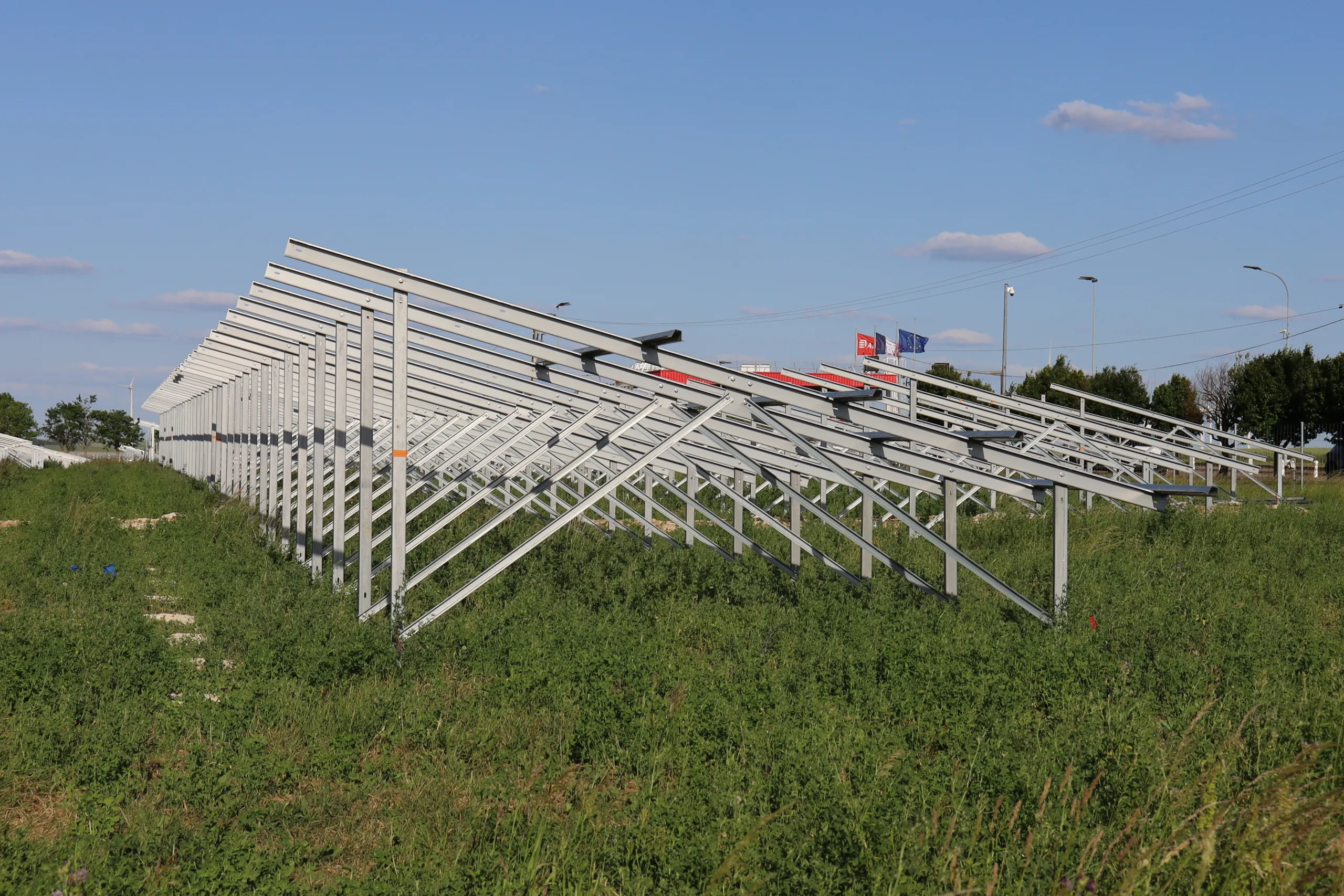
Risks management and compliance, at the heart of AFL
AFL intends to conduct its lending activities to French local governments within a prudent mindset aligned with the practices of its sister entities in Northern Europe. Nevertheless, risk taking is inherent to banking. AFL has set limits to its financial strategy and risk appetite that provide safeguards for its activities.
A responsible bank, what do we think about it ?

Expertise at the service of the local world
At the heart of the local public ecosystem, AFL is committed to working with all our local authorities to contribute to the energy, ecological and social transitions that we carry out every day.
With its partners, such as ADEME, CEREMA, CNFPT, and associations of elected officials and territorial leaders, AFL gathers and disseminates the knowledge and experience accumulated by our local authorities in an effort to simplify access to information and share best practices.
Reference partners in sustainable development
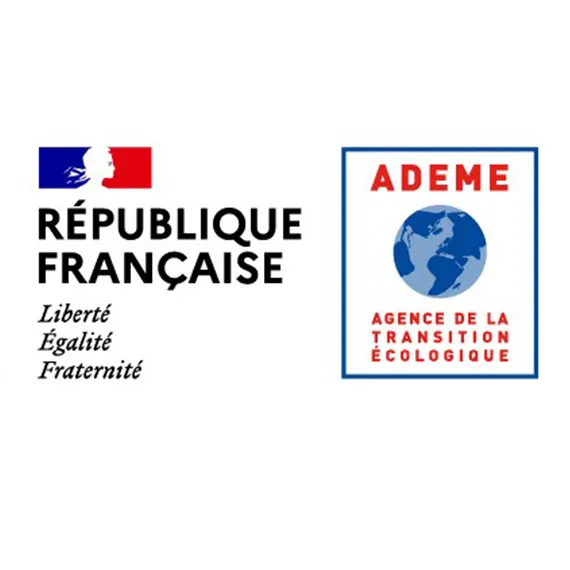
ADEME
ADEME - the French Agency for Ecological Transition - is firmly committed to the fight against global warming and resource degradation.
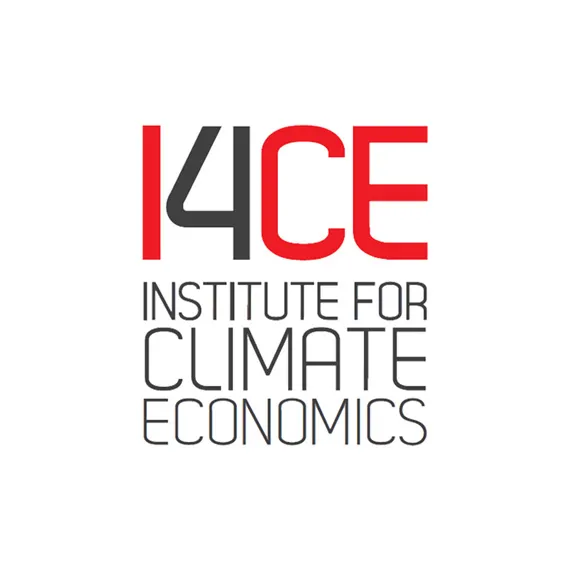
I4CE
I4CE - Institute of Economics for Climate, is a non-profit association with expertise in economics and finance.

Comité 21
Since 1995, the Comité 21 has been federating actors committed to sustainable development in France.
Discover more about ESG at AFL
Our ESG commitments
Ethics and responsibility
"Embody responsible finance and empower local authorities to respond to the present and future needs of their inhabitants"

Sustainable financing
At AFL, no green loans, no impact loans, no structured products... But truly responsible financing for truly sustainable projects!
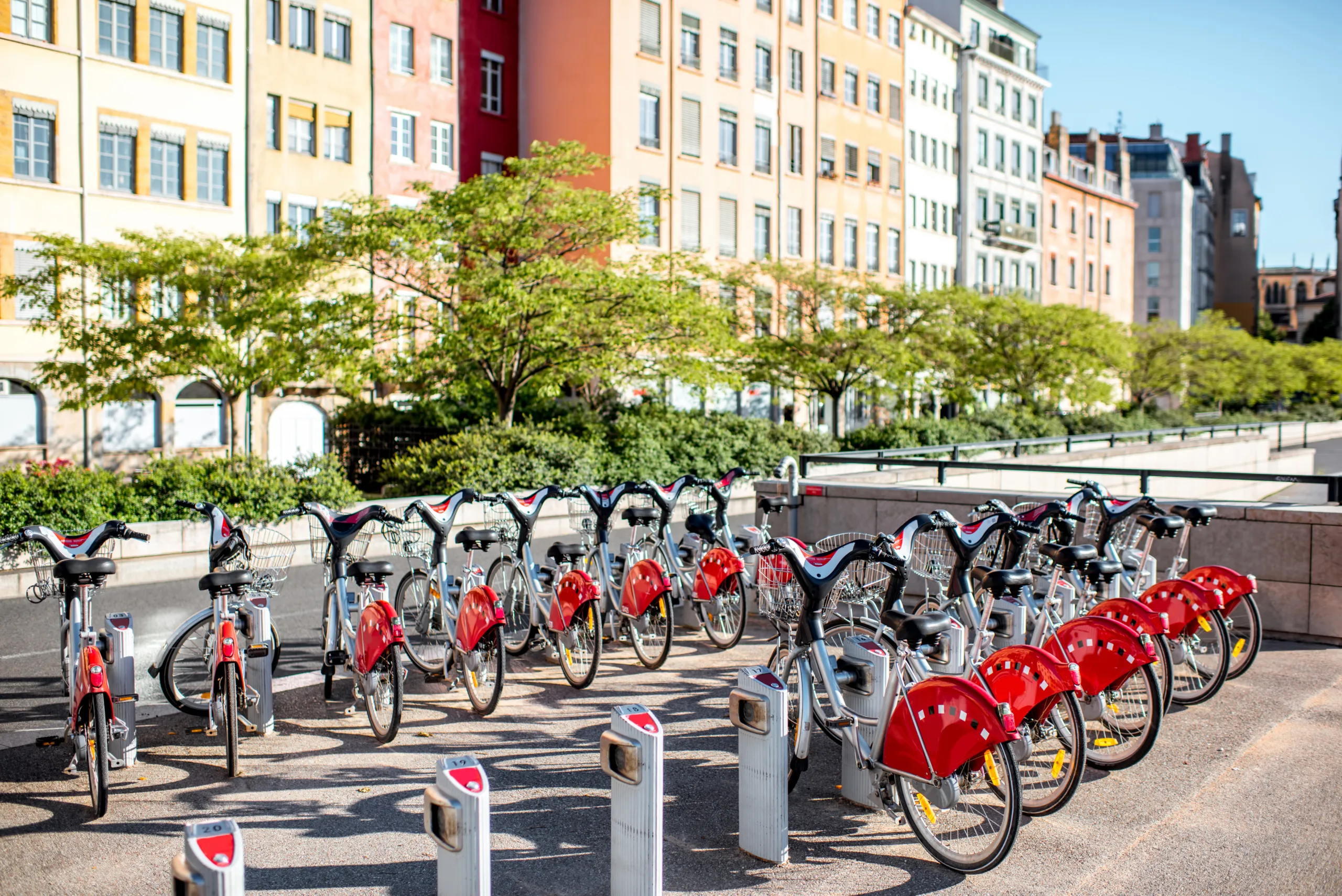
A responsible company
AFL is directly committed as a company to the planet and to its employees.
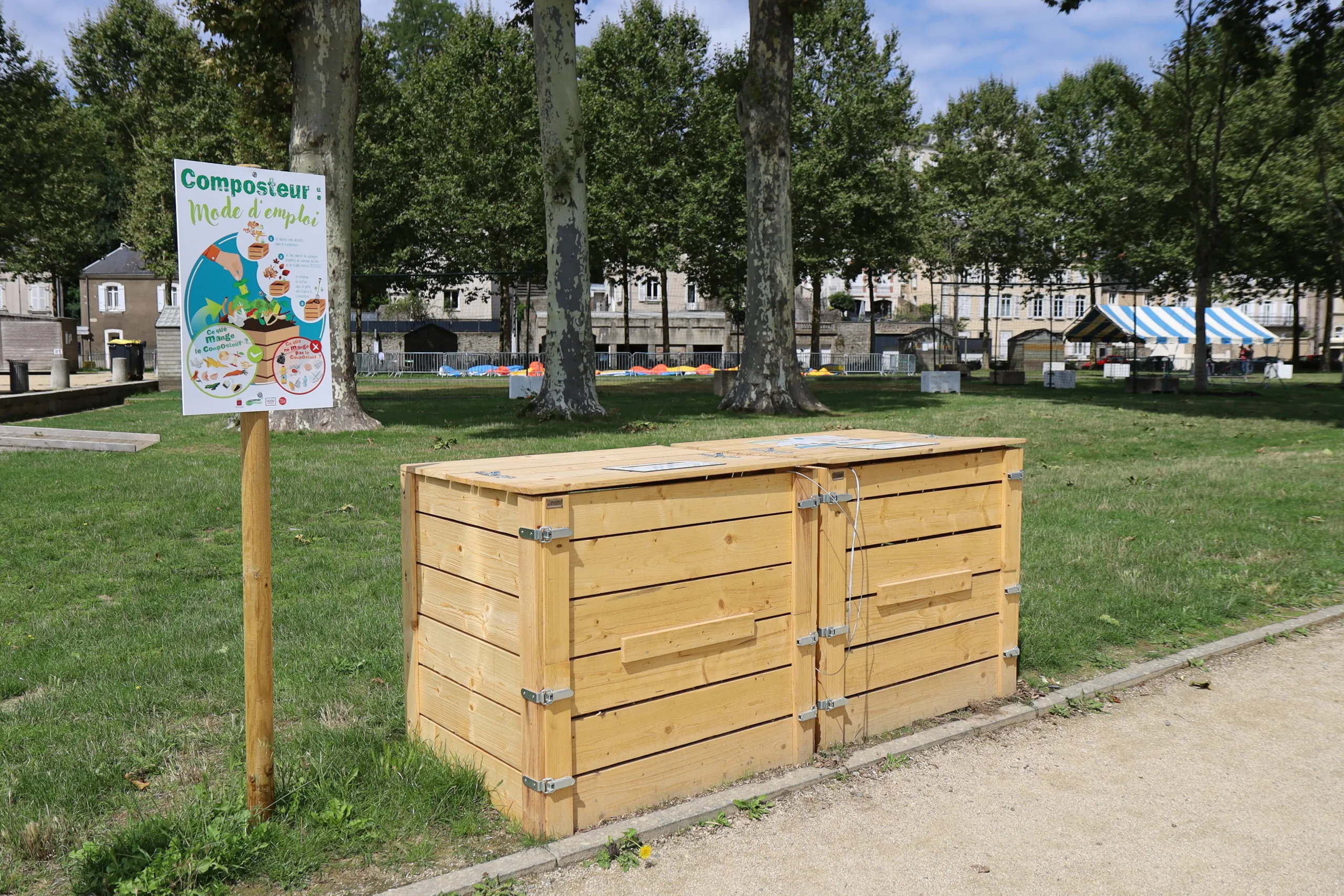
Focus on CSR achievements in 2023
The implementation of social responsibility at AFL covers several areas that are structured within the CSR Climate & Sustainable Finance Roadmap. Discover some examples of achievements in 2023.

Find out more about AFL’s financial situation and funding strategy.
Do you have any question ?
-
Who are AFL’s shareholders?
By law, the only shareholders are the French Local Authorities (Regions, Departments, Municipalities, Groupings of local authorities and local public entities).
-
Do you provide ESG loans?
AFL does not provide ESG loans. However, based on a screening methodology of local authority budgets (detailed in the Sustainable Bond Framework), ESG capital expenses can be financed by loans that are refinanced through AFL’s Sustainability Bond issuances.
-
What kind of projects are you financing?
AFL is only financing capital expenses of its members-shareholders and by so projects linked to their respective responsibilities and areas of intervention (such as transport, social work, waste management, water treatment and distribution, firefighting, schools, etc..).
-
Does AFL benefit from an explicit guarantee from the central government?
No. AFL benefits from an explicit and irrevocable first demand guarantee from the French Local Authorities.
-
What will you do with the profit in the future?
Strengthen the capital.
